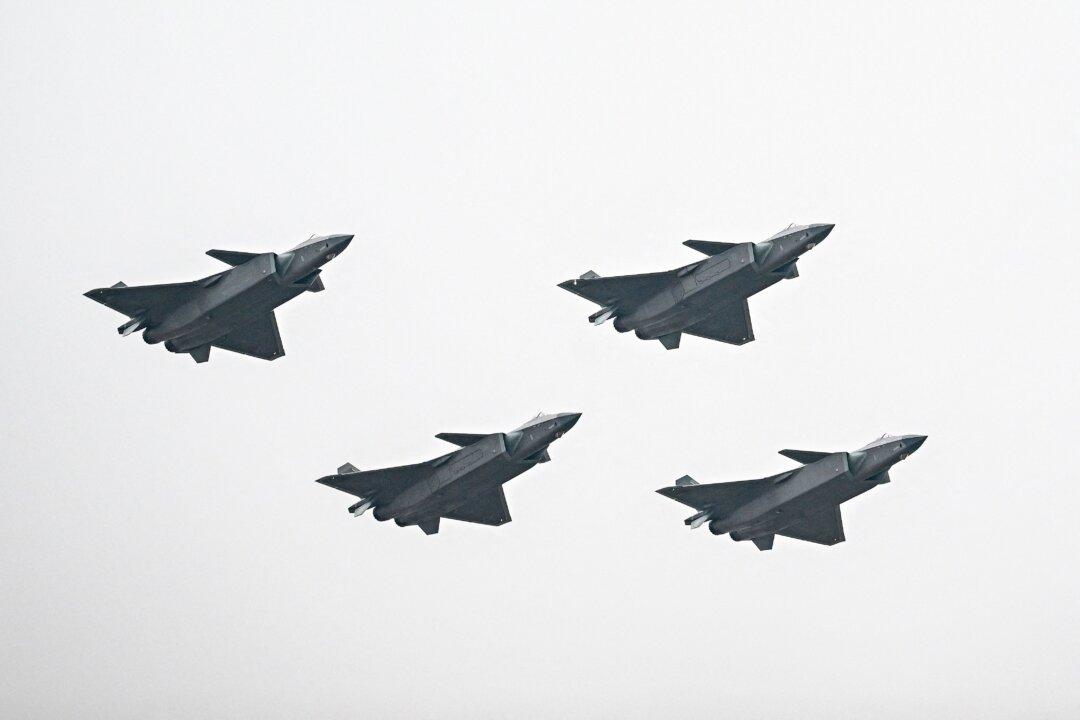China’s communist regime is developing its military to win a war against the United States by overwhelming its electronic, information, and logistical systems, according to an annual report by the Pentagon.
The Chinese Communist Party (CCP) seeks to “fight and win wars” against a “strong enemy,” a term the regime frequently uses as a euphemism for the United States, according to the Pentagon’s China Military Power Report, released on Nov. 29. To do that, the regime is expanding its global military presence and adopting technologies and doctrines aimed at preventing the United States from intervening in any wars that it starts.




